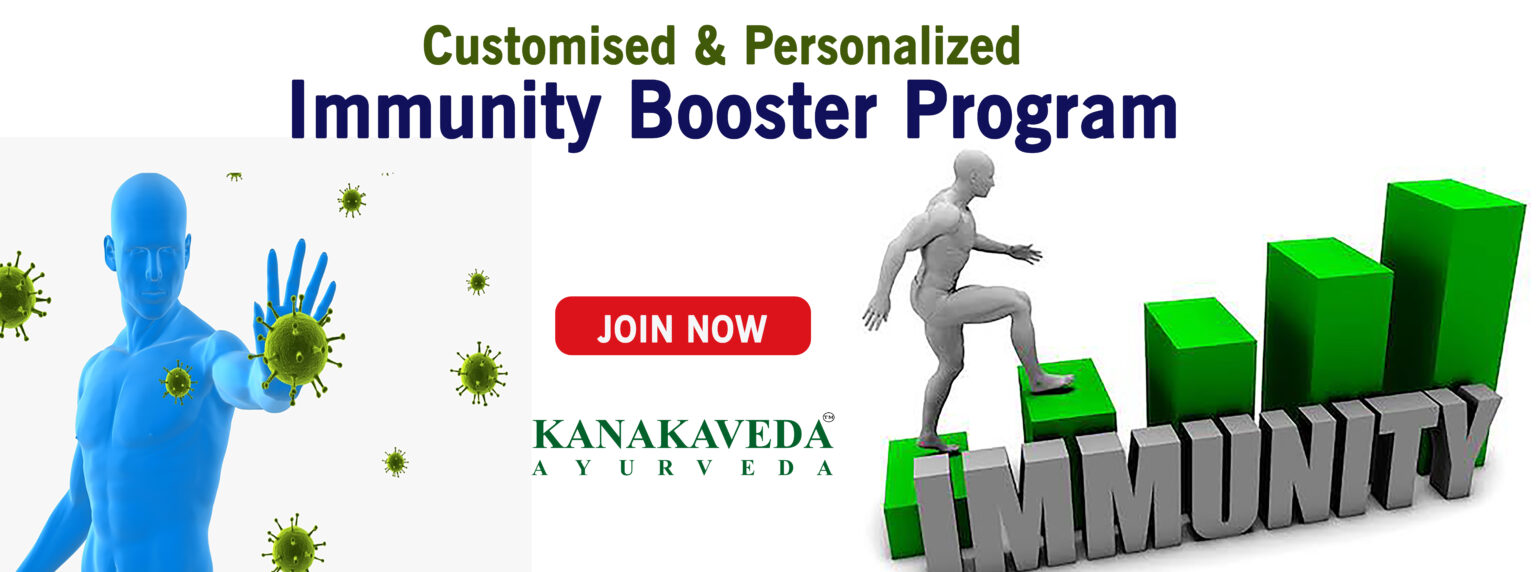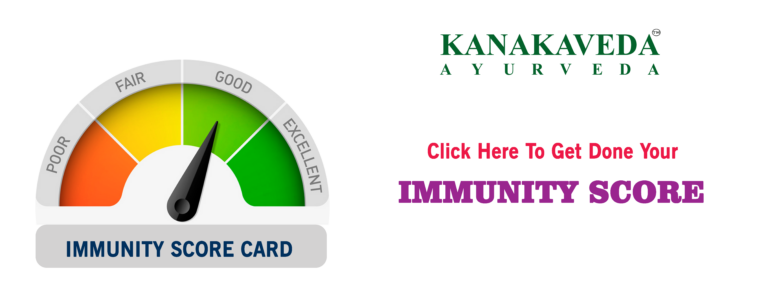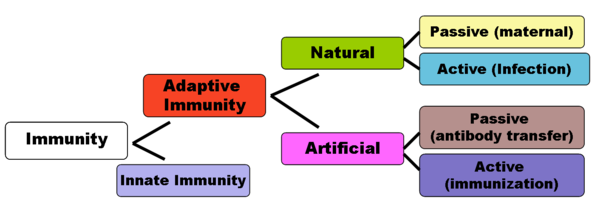
Inquiry Form
Immunity is the capability of multicellular organisms to resist harmful microorganisms from entering their cells. Immunity involves both specific and nonspecific components. The nonspecific components act as barriers or eliminators of a wide range of pathogens irrespective of their antigenic make-up. Other components of the immune system adapt themselves to each new disease encountered and can generate pathogen-specific immunity.[1]
An immune system may contain innate and adaptive components. The innate system in mammalians, for example, primarily comprises primitive bone marrow cells that are programmed to recognize foreign substances and to react. The adaptive system is composed of more advanced lymphatic cells that are programmed to recognize self-substances and not to react. The reaction to foreign substances is etymologically described as inflammation, meaning to set on fire. The non-reaction to self substances is described as immunity – meaning to exempt – or as immunotolerance. These two components of the immune system create a dynamic biological environment where “health” can be seen as a physical state where the self is immunologically spared, and what is foreign is inflammatorily and immunologically eliminated. “Disease” can arise when what is foreign cannot be eliminated or what is self is not spared.
Innate immunity, also called native immunity, is defined by the organism’s original genetic make-up and does not adapt to particular external stimulation or a previous infection. It is divided into two types: (a) Non-Specific innate immunity, a degree of resistance to all infections in general. (b) Specific innate immunity, a resistance to a particular kind of microorganism only. As a result of the latter, some races, families, breeds and strains do not suffer from certain infectious diseases.
Adaptive immunity can be sub-divided by how the immunity was acquired: ‘naturally acquired’ through chance contact with a disease-causing agent, or ‘artificially acquired’ through deliberate actions such as vaccination. Both naturally and artificially acquired immunity can be further subdivided based on whether the host immune system developed immunity itself or through vaccination. ‘Active immunity’ lasts long-term, sometimes lifelong. ‘Passive immunity’ is acquired through the transfer (by injection or infusion) of antibodies or activated T-cells derived from an immune host; it is short-lived—usually lasting only a few months—requiring booster doses for continued immunity. The diagram below summarizes these divisions of immunity.
Adaptive immunity can also be divided by the type of immune mediators involved; humoral immunity is the aspect of immunity that is mediated by secreted antibodies, whereas cell-mediated immunity involves T-lymphocytes alone. Humoral immunity is called active when the organism generates its antibodies, and passive when antibodies are transferred between individuals or species. Similarly, cell-mediated immunity is active when the organisms’ T-cells are stimulated, and passive when T cells come from another organism.
KP2 – Kanaka Prashana Program (Ayurveda Immunization For Children)
In this COVID -19 situation Immunity of person is playing very important role for survival. Kanaka Prashana Program (KP2) is best solution to increase one’s immunity strongly and naturally which is based on 5000 years old Ancient Ayurvedic proven formulations which is one of the 16 essential rituals described in Ayurveda for children.
Definition
The process in which Suvarna bhasma (purified ash of gold) is administered with fortified ghee prepared with herbal extracts, and honey in liquid or semisolid form.
Whom to administer
KP2 can be given to age group of 0-16 years.
Time of administration
KP2 can be done daily early in the morning, starts on Pushya Nakshatra- an auspicious day- which happens to come after every 27 days, given on this day it bestows excellent benefits.
Benefits of Kanakaveda’s KP2
- KP2 increases immunity power and develops resistance against common infections, thus prevents children from falling ill very often.
- It builds physical strength in children and enhances physical activites, and also improves stamina for the same.
- Regular doses of KP2 improves child’s intellect, grasping power, sharpness, analysis power, memory recalling in an unique manner.
- It kindles digestive fire, improves digestion and decreases related complaints.
- KP2 also improves child’s appetite.
- It helps to nurture early physical and mental development.
- It develops an inbuilt strong defense mechanism in kids which acts as a safety shield against diseases and complaints occurring due to seasonal change and other prevailing infections.
- It helps body to recover early in case of any illness.
- It guards children from various allergies.
- It protects children from ailments occurring during teething phase.
- Tones up skin color.
Overall it makes child healthier, children taking KP2 doses regularly can be easily distinguish from their remarkably outstanding physical and mental ability.
Reference of KP2 in classics:
“Suvarnaprashan hi etat medhagnibalavardhanamm |
Aayushyam mangalam punyam vrushyam grahapaham ||
Maasat paramamedhave vyaadhirbhirnn cha dhrushyate |
Shadbhirmaasai shrutdhar suvarnaprashanad bhavet|| “
(Sutrasthanam Kashyap Samhita)
Reference of KP2 in classics:
KP2 develops medha (mental ability), agni (digestive power), bala (strength), aayu vardhana(prolonged life span), it is also Mangalakara (brings in good virtues in child, positive attitude in life, optimism, power to overcome mental and physical hardships, good fate), Vrushya (attractive nature and personality), Varnya (tones skin color), Graha baadha nashaka (voids away associated evils / infections). If KP2 is done regularly for 6 months, then child becomes extremely intelligent and remains unaffected by any infectious diseases,If taken for 9 months regularly then child will be shrutadhara excellent grasping.

